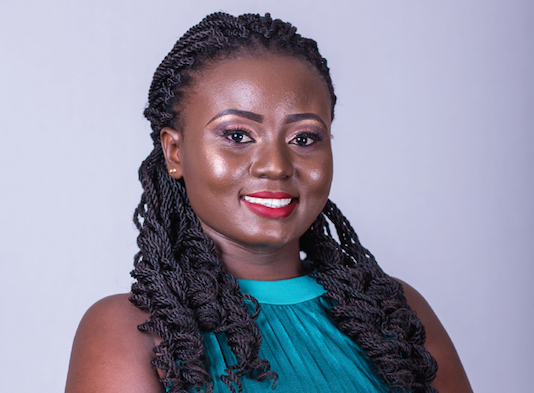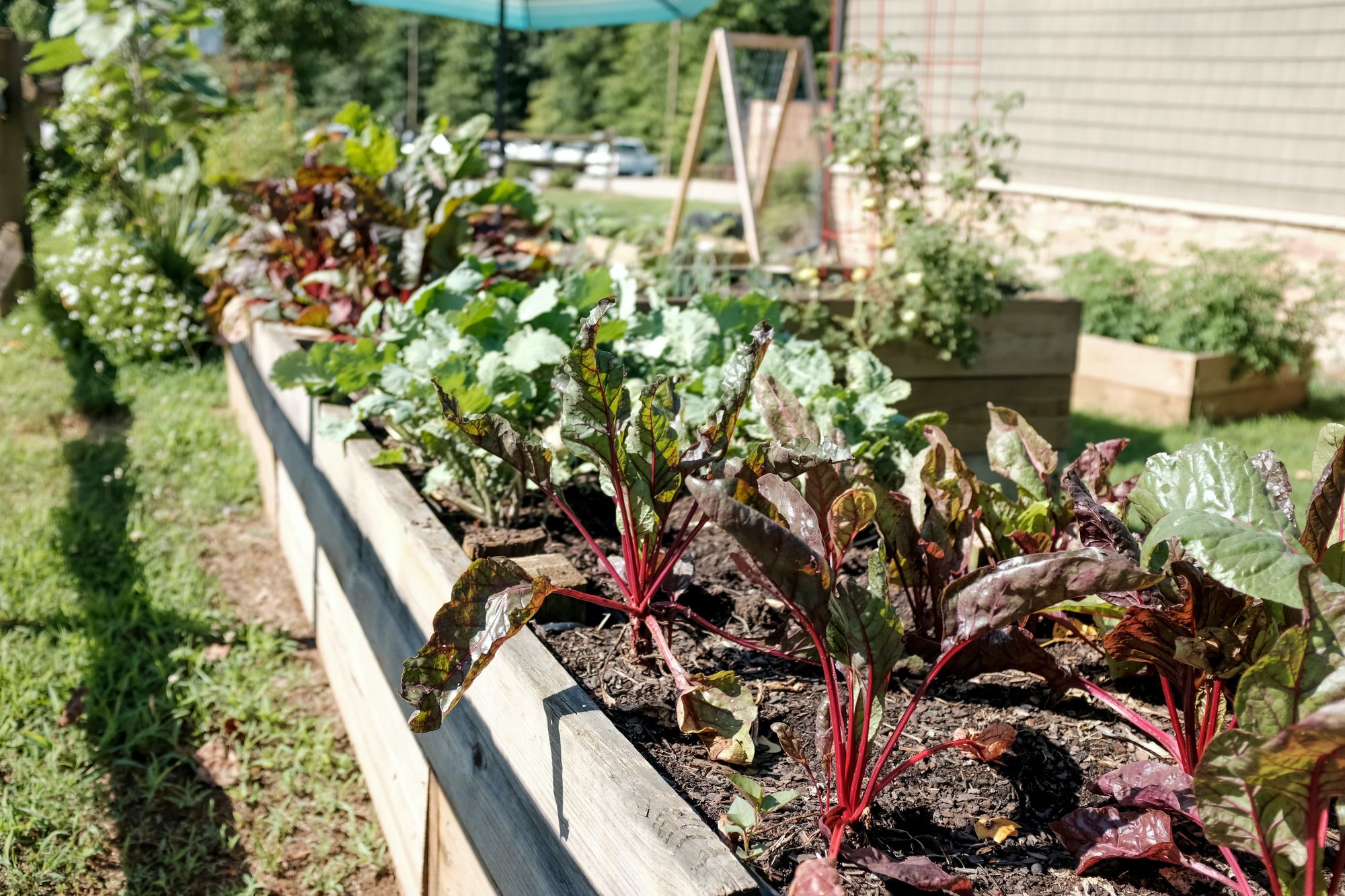Raised in Mombasa, Catherine Ahenda Olwal’s passion for community development led her to volunteer as a peer sex educator with different institutions. Her interest in contraception and sexual health grew in 2016 upon joining Kenya Red Cross on an internship in a maternal, neonatal child and adolescent health project. The project entailed building a youth-friendly clinic and maternity centre in Tudor, Mombasa to benefit the youth in that area. It was during this time that she saw it fit to bridge the gap between the young and the old in relation to contraceptives and sexual health education.
“It’s important for every county to have a youth centre where young people, including teenagers, can have sex talks freely and have the information they need on contraceptives from trained professionals,” says the 25-year-old who was raised in a conservative family.
She came across the Form Ni Gani competition on social media and decided to join as the campaign hit very close to home. The Ideathon came just as she was coming to terms with the loss of three of her closest friends; two from unsafe abortions and the other from childbirth complications. She could not allow the demise of her friends to be treated as just another statistic, but to lead to a deeper conversation on sexual and reproductive health.
Her winning idea entailed developing an app that would have information on contraceptives and have contacts that would link the youth to healthcare providers and centers across the country. She would also bring doctors on board via direct messaging. A toll-free line would be incorporated to reach young people in rural areas with no access to the Internet. She acknowledges that young women, specifically those in rural areas, are going through unsafe abortions and unwanted pregnancies, which she links to the inadequate access to contraception and sexual health resources.
The Technical University of Mombasa graduate now urges parents to start the sex talk as early as when their children hit nine years. She urges parents to start small as there is so much to cover ranging from reproduction to menstruation and sexual hygiene. As they grow, they can broaden the conversation giving them an option of either abstinence or contraceptives. She asserts that innumerable young people have knowledge on sex and not accurate contraception knowledge.
“I am all for abstinence; parents should strive to talk to their children and encourage them to take up chastity. However, at the end of the day, we should not remain oblivious to the fact that young people are sexually active and in need of contraceptives. The reality is that shoving down sexual purity down their throats is not the solution. Let our kids understand the purpose of abstinence and talking to the right people to avoid any misguided information.”
She urges the Kenyan government to ensure that youth centres in all counties are up and running to provide reproductive health resources. All these measures are in the hope of an ameliorated Kenyan economy by 2030, which is part of the objectives of the Form ni Gani? campaign.
“We live in a very reserved society that has religion and culture controlling and dominating conversations revolving around sex, contraceptives and abortion. We all have a role to play in taking charge of these conversations and ensuring that all solutions are actualised and made known. The graph needs to be balanced in all counties while ensuring that the healthcare centres maintain confidentiality,” she asserts.
Ahenda hopes to actualise her idea in partnership with the Form Ni Gani team with the aim of reaching as many young people nationwide.
This article was first published in the April 2020 issue of Parents Magazine








